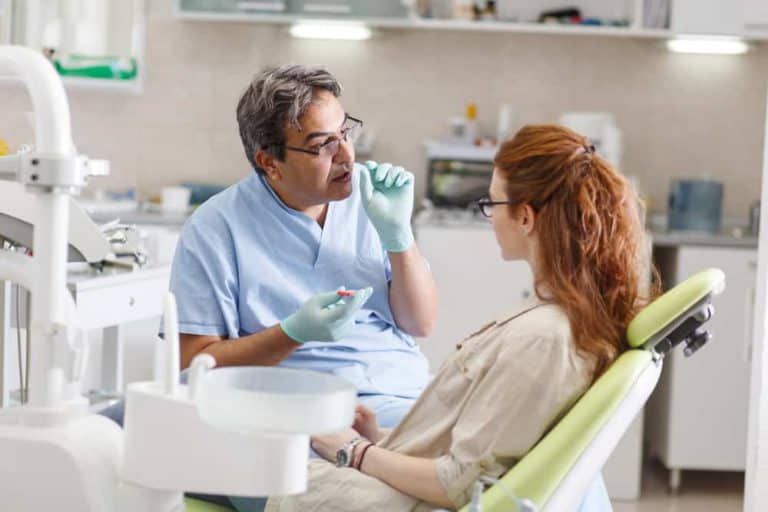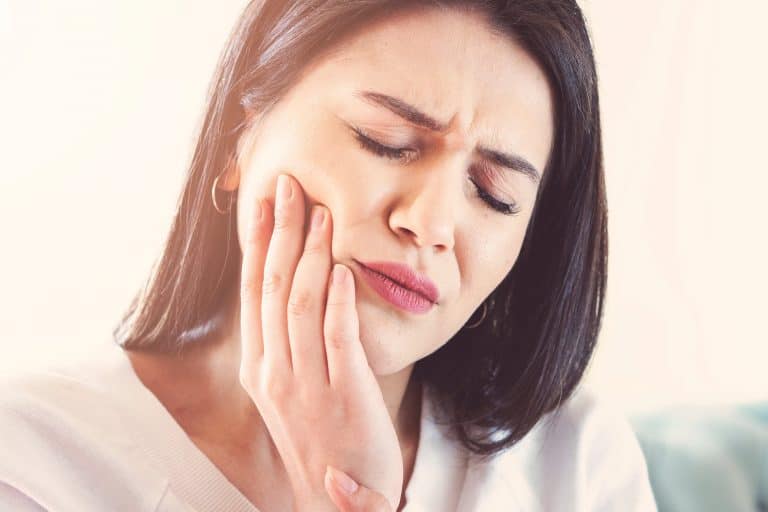Dental emergencies are more common than you imagine. But you believe several dental problems are dental emergencies, yet they aren’t. When experiencing a dental problem, some people need dental care immediately. However, there will be others who don’t have an urgent problem.
How would you know if the dental problem you’re experiencing is a dental emergency or not? And what would you do if it’s a dental emergency?
Read on to find out!
What is a Dental Emergency?
You need a dental emergency if you have a dental issue requiring immediate attention to alleviate severe pain or stop bleeding.
Dental emergencies include a severe toothache, an injury where you lose one or more teeth, an infected tooth abscess, etc. But it’s crucial to understand when you need emergency dental care.
5 Common Dental Emergencies
Here are the six most common dental emergencies and what to do in each case:
- Severe Toothache
Almost everyone has experienced a toothache at least once in their life. A toothache is usually manageable, and you can take over-the-counter painkillers to stop the pain. However, a severe toothache is not a good sign.
Several conditions can cause extreme toothache but don’t take any pain medication if you notice swelling around the tooth. It can make things worse. Instead of suffering, apply a cold compress to the outside of your cheek and call your dentist.
- Knocked-out tooth
Sometimes accidents and trauma can knock out your tooth and cause uncontrollable bleeding. If that’s the case, pick up the knocked-out tooth by the crown and gently rinse off the root with water if it’s dirty.
Now, try to put the tooth back in its place. But be not push the tooth into the socket. If you do this within an hour of having the emergency, you’ll have a higher chance of saving your tooth. However, if you can’t put your tooth back, place it in a small cup with milk, and take it to the dentist.
- Dental Abscess
The leading cause of a dental abscess is a bacterial infection, a pocket of pus that forms inside the teeth or gums. Keep in mind that mouth infections are dangerous, particularly the ones close to a tooth’s base or between the gums and teeth. If left untreated, the condition can even spread to other parts of your body.
But if you’re unsure whether you have an abscess, look for a minor sore or pimple-like swelling on your gums. If you find it, then you have a dental spot. After that, call your dentist immediately for emergency care.
- Losing a filling or crown
If you’ve lost a filling or crown, you must visit your dentist immediately to prevent reinfection and further damage. Don’t try to fix the tooth yourself. Instead, you can take a piece of sugarless gum and gently stick it into the cavity while you wait for your dentist.
- Chipped or broken tooth
When you bite down on something too complex, your tooth may chip or break. And it hurts a lot. If you’ve got a chipped or broken tooth, rinse your mouth with warm water & apply a piece of gauze if it’s bleeding. You can also go for a cold compress to reduce swelling and pain on your way to the dental office.
Emergency Dentistry in Ashfield, NSW, Australia
In case of any dental emergency, visit the Ashfield Family Dental clinic in Ashfield, NSW, Australia. We offer emergency dentistry services 24/7 to assist you when you need us the most.
Contact us now if you have any queries or want more information about our other dental services.




